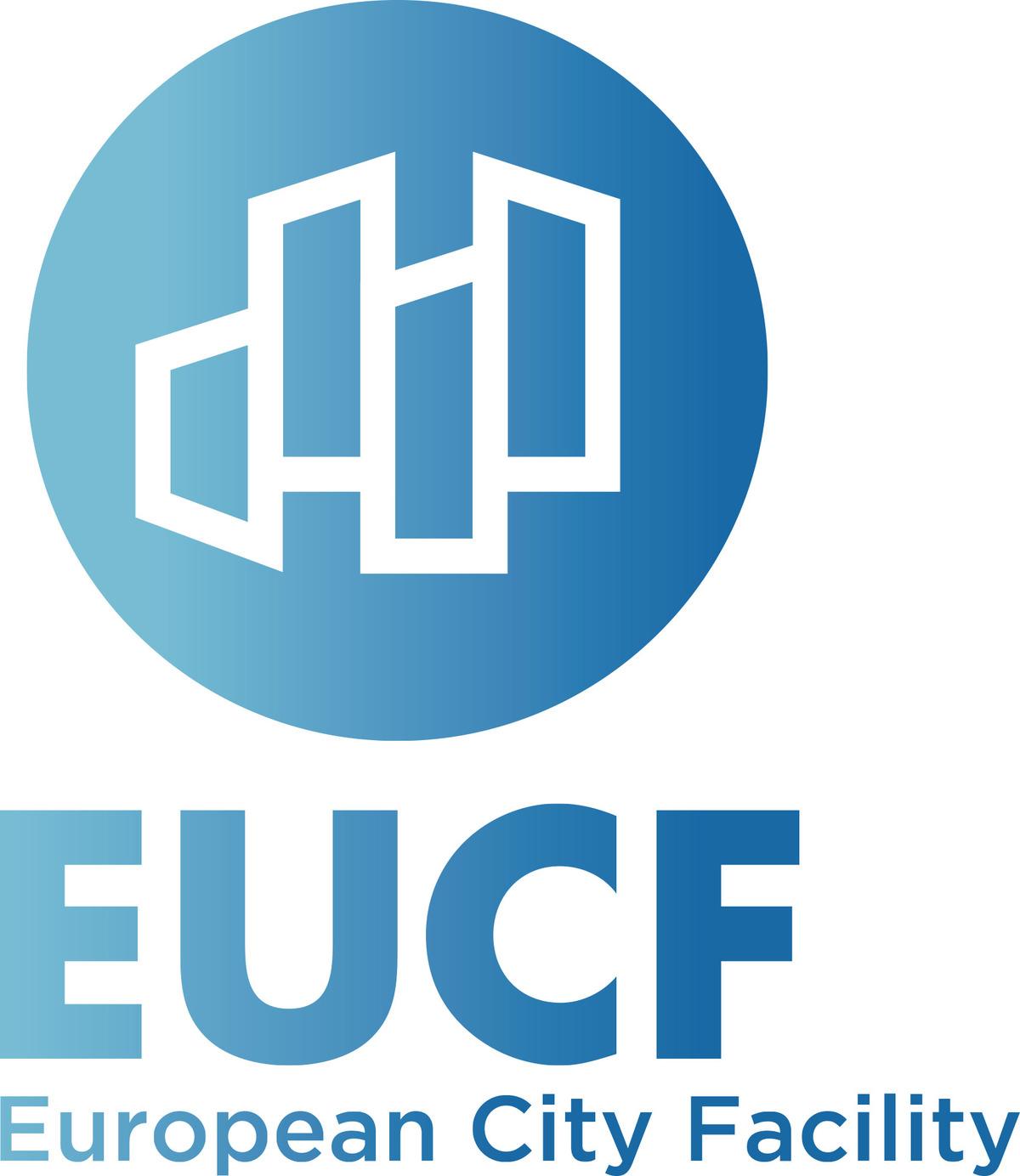EU City facility: Calls for Country Experts & National networks of local authorities
FEDARENE - Energy Agencies

European City Facility (EUCF) – Background
The new pan-European City Facility is set up under the Horizon 2020 Framework Programme for Research and Innovation of the European Union: tailor-made, rapid and simplified financial support (in the form of EUR 60,000 lump sums) and related services will be provided to a large number of cities and municipalities in the European Union to enable them to develop relevant investment concepts.
The Facility will address two fundamental barriers for sustainable energy investments:
- Financial and legal capacity of local authorities to transform their long-term energy and climate strategies (e.g. SEAPs, SECAPs etc.) into appropriate investment concepts.
- Lack of aggregation of fragmented smaller projects (for example in the building sector) and thus lack of attractiveness for the financial sector.
Successful applicants to the EUCF (cities and municipalities) will make use of the lump sum to develop their investment concept, which represents an initial step towards a fully-fledged business and financial plan. The objective is to facilitate the subsequent mobilization of (local) investment in energy efficiency and renewable energy.
European City Facility (EUCF) – Timeline
The EU City facility is run by a consortium of 5 partners: Energy Cities, Adelphi, Climate Alliance, Enviros, FEDARENE.
Start of the project: 09/2019 – 48 months
Country Experts
Country Experts are a key feature of the consortium approach to the EUCF design. The consortium proposed a decentralised support system especially for the benefit of small and medium-sized cities which often fail to access centrally managed EU funds and programmes. This decentralised approach with local interface with the target groups has a much higher impact and outreach than centrally managed support and communication in English.
For each EU Member State, the consortium will appoint a Country Expert, whose role will be to support cities in their ‘city journey’ and to support the Core Management Team for a smooth EUCF operation and monitoring. We will select Country Experts based on their proven technical and financial competences and national/local working experience in the field of energy and climate investments, their existing relations and contacts with cities, best value for money and references.
We are looking for Country Experts in the following countries:
Bulgaria, Cyprus, Finland, Greece, Hungary, Lithuania, Luxembourg, Latvia
The country experts will be coordinated by the EUCF Core Management Team who will also ensure that they all have a common understanding of the EUCF and provide high quality support to cities.
Please find the detailed call on this link.
Deadline to answer: January 15, 2020 COB
Contact: [email protected]
National networks of local authorities
The consortium will need the support of national partners for promotion and dissemination of the EUCF in order to recruit potential applicants.
One network of local authorities will be contracted per EU Member State.
The tasks will include among others the organisation of an info session for potential EUCF beneficiaries in the country, the organisation of several webinars, general promotion and dissemination activities on the EUCF, In addition to the consortium, there will be a country expert assigned per country who will run a technical helpdesk. The national network will focus on the promotional activities and will liaise with the country expert or the Core Management team for technical questions.
Please find the detailed call on this link.
Deadline to answer: January 15, 2020 COB
Contact: [email protected]
The post EU City facility: Calls for Country Experts & National networks of local authorities appeared first on Fedarene.
News published on FEDARENE – energy agencies
Consult the source



